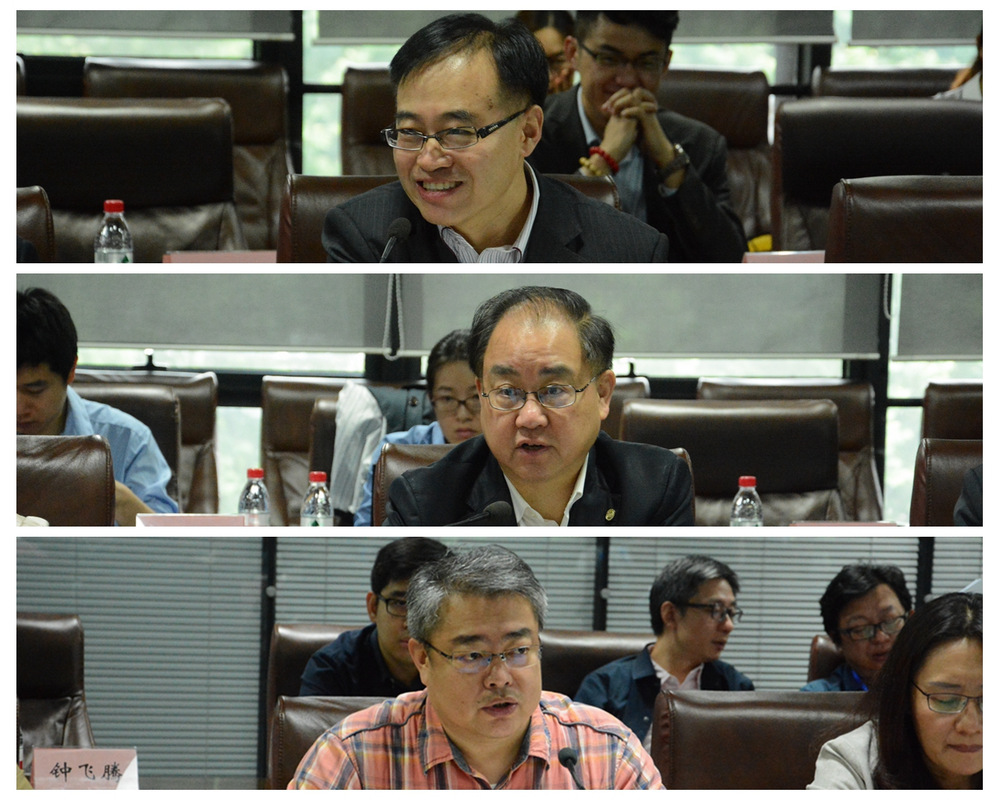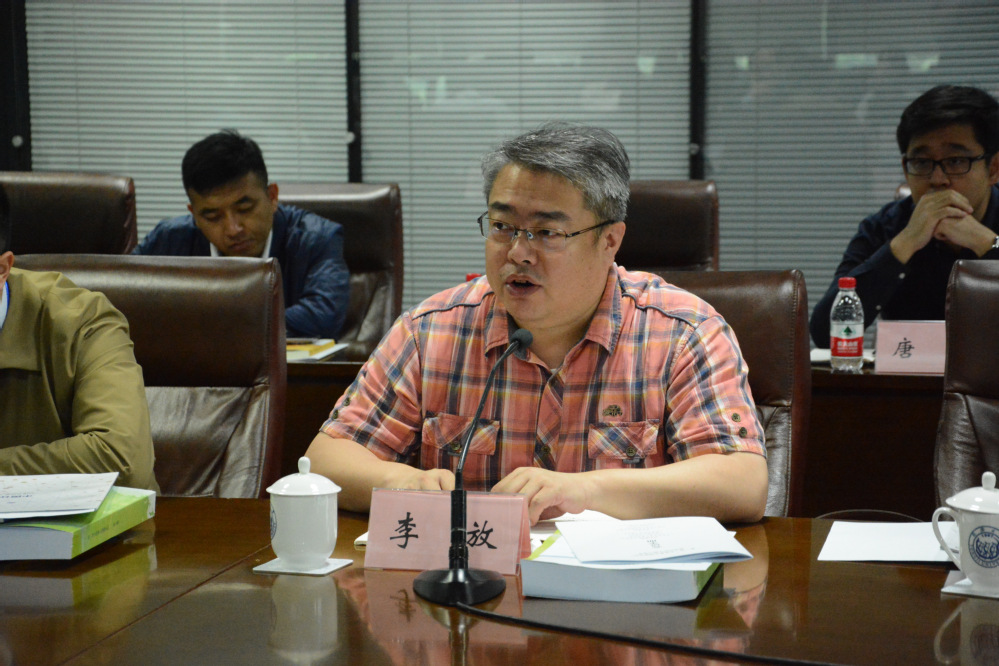News



Co-hosted by the Institute for China & World Studies, the School of Political Science & International Relations (SPSIR), and the School of Foreign Languages of Tongji University, China National Association for International Studies (CNAIS), Shanghai Association for International Studies, Chinese Social Sciences Net (CSSN), and the editorial office of CASS Journal of Political Science, and organized by the School of Political Science & International Relations and the Institute for China & World Studies of Tongji University, and CSSN, the 2nd Youth Forum on China & World Studies was successfully held in Tongji University on May 26-27, 2018. In one and a half days, with the theme of China and the World in the New Era, more than 40 leading young scholars from different disciplines across the country discussed a number of topics including the Belt and Road cooperation and China's strategy, the formation of modernity in China and the world, the Chinese politics and multi-level governance, a global community of shared future and China's contribution, major power relations and regional cooperation, Western countries' foreign strategies and Sino-foreign relations, as well as changes in the times, political and economic relations, and national development, with an aim to jointly promote academic development.
The opening ceremony was moderated by Professor Men Honghua, President of the Institute for China & World Studies and Dean of SPSIR. Professor Jiang Bo, Vice President of Tongji University, and Li Fang, Director of the Editorial Center of CSSN, attended the opening ceremony and delivered speeches.

With Li Fang as the moderator, Session 1 discussed “the Belt and Road cooperation and China's strategy”.

In his keynote speech Strategic Thinking on China’s Rulemaking Power Concerning the Belt and Road Initiative, Professor Men Honghua elaborated on China's power to make international rules in connection with the Belt and Road Initiative and China's participation in the building of international institutions, and proposed his strategic recommendations and views on related policies. In her keynote speech The Evolution of China's Foreign Translation Policy and the Building of National Image, Professor Wu Yun, Dean of the School of Foreign Languages of Tongji University, divided the evolution of China's foreign translation policy into several periods, and made an inductive analysis of the characteristics and influence of the policy. Professor Sun Jisheng, Vice President of China Foreign Affairs University (CFAU), analyzed the possibility of innovation in China's international relations theory from the perspective of discourse and concepts in her speech Discourse Practice and Innovation in the Development of China's International Relations Theory since the Reform and Opening Up. In his speech The Belt and Road Cooperation: An Analysis of Geo-functionalism, Wu Zelin, an assistant researcher at Shanghai Institutes for International Studies, pointed out that the Belt and Road Initiative can be interpreted differently through different theories, highlighting the diverse analytical perspectives. On the topic of Rituals, Writings and Images — Knowledge Production and Cultural Inheritance of the Ethnic Society in China’s Southwest Frontier, Dr. Chen Jin at SPSIR discussed the role of rituals and images in the knowledge production among the Na nationality in Southwest China. Ge Tianren, an assistant professor at SPSIR, found through empirical analysis that China dominates the trade along the Maritime Silk Road and can profoundly influence the Southeast Asian economies, thus enjoying a strategic advantage in the Maritime Silk Road trade system.